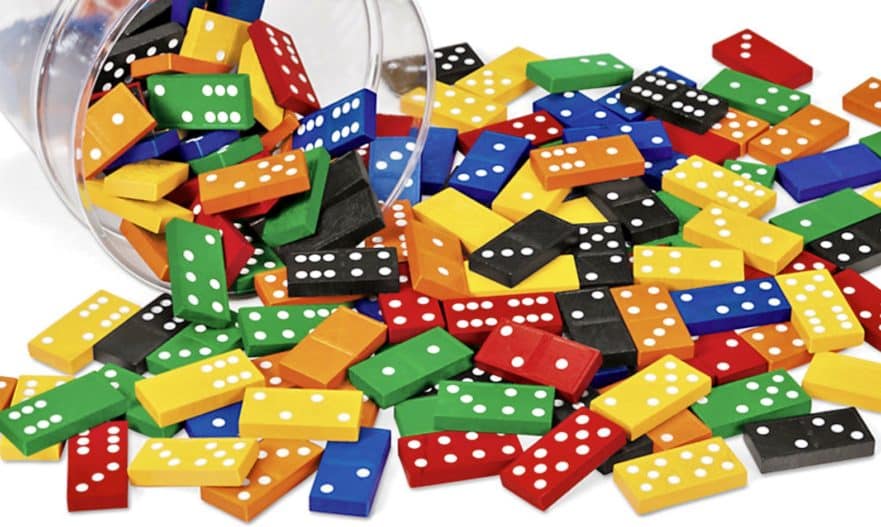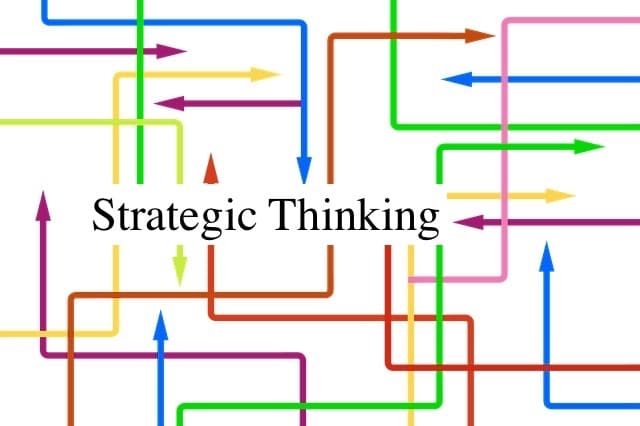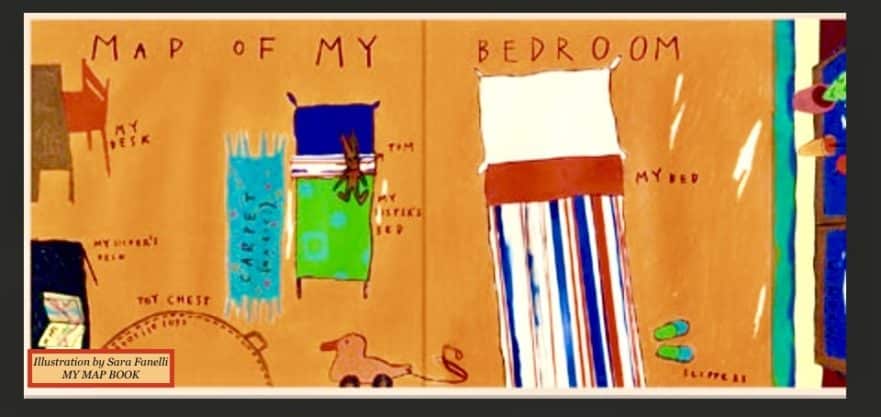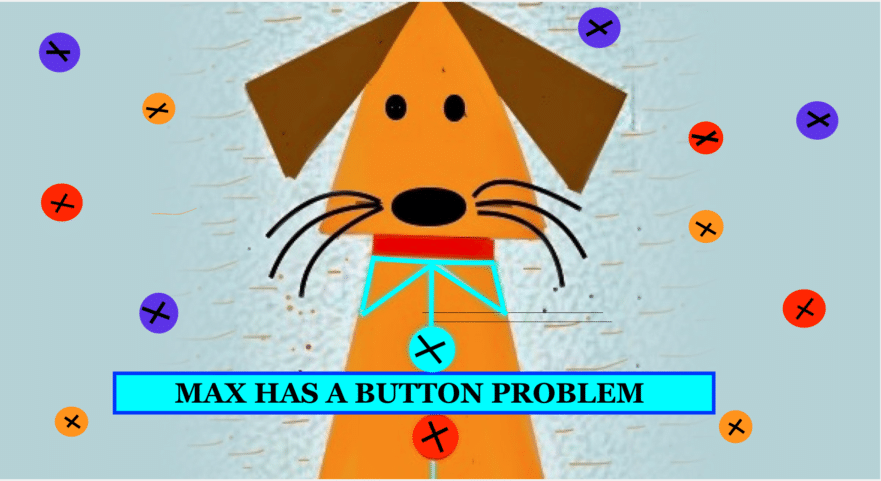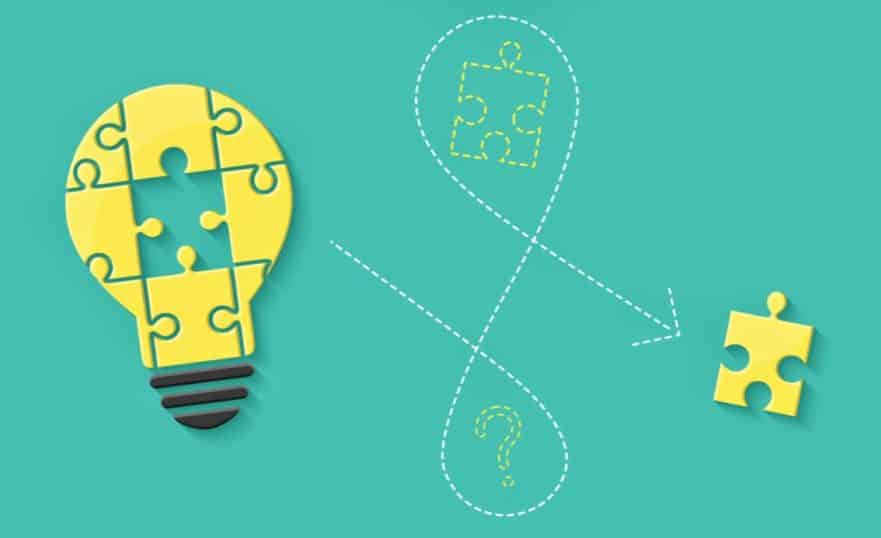Games give children opportunities to explore fundamental number concepts, such as the counting sequence, one-to-one correspondence, and computation strategies. Providing repeated opportunities for your children to play math games fosters mathematical ideas to emerge as they notice new patterns, relationships, and strategies. ******************************* EN-COUNTERS for TWO Here’s a game to play with an adult. ADULT’S DIRECTIONS: … Read More
CURIOSITY – A MATHEMATICAL HABIT OF THE MIND
Engaging our children in the problem-solving process provides an opportunity to explore and work from their own level of understanding. The goal is to offer opportunities for rich, embedded learning, building towards new understandings. ******************************** LADYBUG COUNT Some children were playing a game. They collected cards with ladybugs on them. Here are the cards they had… Read More
EXPLORING DIFFERENT SOLUTIONS
One of the ways we can help our children become better problem solvers is by repeatedly and explicitly giving them opportunities to develop key problem-solving skills. Today’s activities provide opportunities to explore different solutions. In both the Chain of Changes and Coloring Triangles, learners are encouraged to look carefully at each problem, ask questions and utilize… Read More
IT’S YOUR MOVE!
One of the essential mathematical problem-solving skills that we want our children to develop is that of logical thinking: ‘if this … then that’. Strategy games are a great way to offer children the opportunity to develop this skill in a stimulating environment. These seemingly simple pencil-and-paper games were invented by mathematicians. They call for two… Read More
CREATIVE THINKING
Most of us are spending a lot more time indoors these days. Hopefully, these activities will keep your family engaged in creative pursuits, that will also stretch their minds. ******************************** GEOBOTS CREATING ROBOTS WITH GEOMETRIC SHAPES Materials can be whatever you’d like. I used my computer to draw the ones above. Cut out lots… Read More
Launching Your Solution!
We can’t always be there to solve every problem for our children. In fact, this isn’t our job. Our job is to teach them how to solve problems themselves. By helping children find their own answers and solutions, we are empowering them to feel confident in their abilities and able to cope in their world. This way, they… Read More
CONSTRUCTING SOLUTIONS
Independent problem solving allows our children to formulate ideas, try these ideas out, and accept or reject what they learn. Constructing knowledge by making mistakes is part of the natural process of problem solving. Through exploring, then experimenting, trying out a hypothesis, and finally, solving problems, children make learning personal and meaningful. ************************************** This activity allows… Read More
MAPPING OUR SPECIAL PLACES
“There is growing evidence that strong spatial reasoning skills in preschool help support math learning in elementary school,” said Newcombe. “Beyond math, spatial thinking is important in and of itself for fostering interest in science, math and technology.” … Read More
MAX HAS A BUTTON PROBLEM
Here are two tasks where having good ways to sort and organize can be very helpful. Young children often find working in a systematic way very difficult. These problems provide a real context and an opportunity to record thinking, which leads to the very beginnings of a proof. **************************** BUTTON-UP Max has a shirt with… Read More
Becoming Problem Solvers – Learning How to Learn
Working systematically, is a key problem solving skill that will support children to become competent as problem solvers. This is important when a task involves finding all possibilities, or when it is helpful to structure a method for solving a problem. ************************************************ A CITY OF TOWERS Age 5 to 7 In a certain city houses had… Read More

